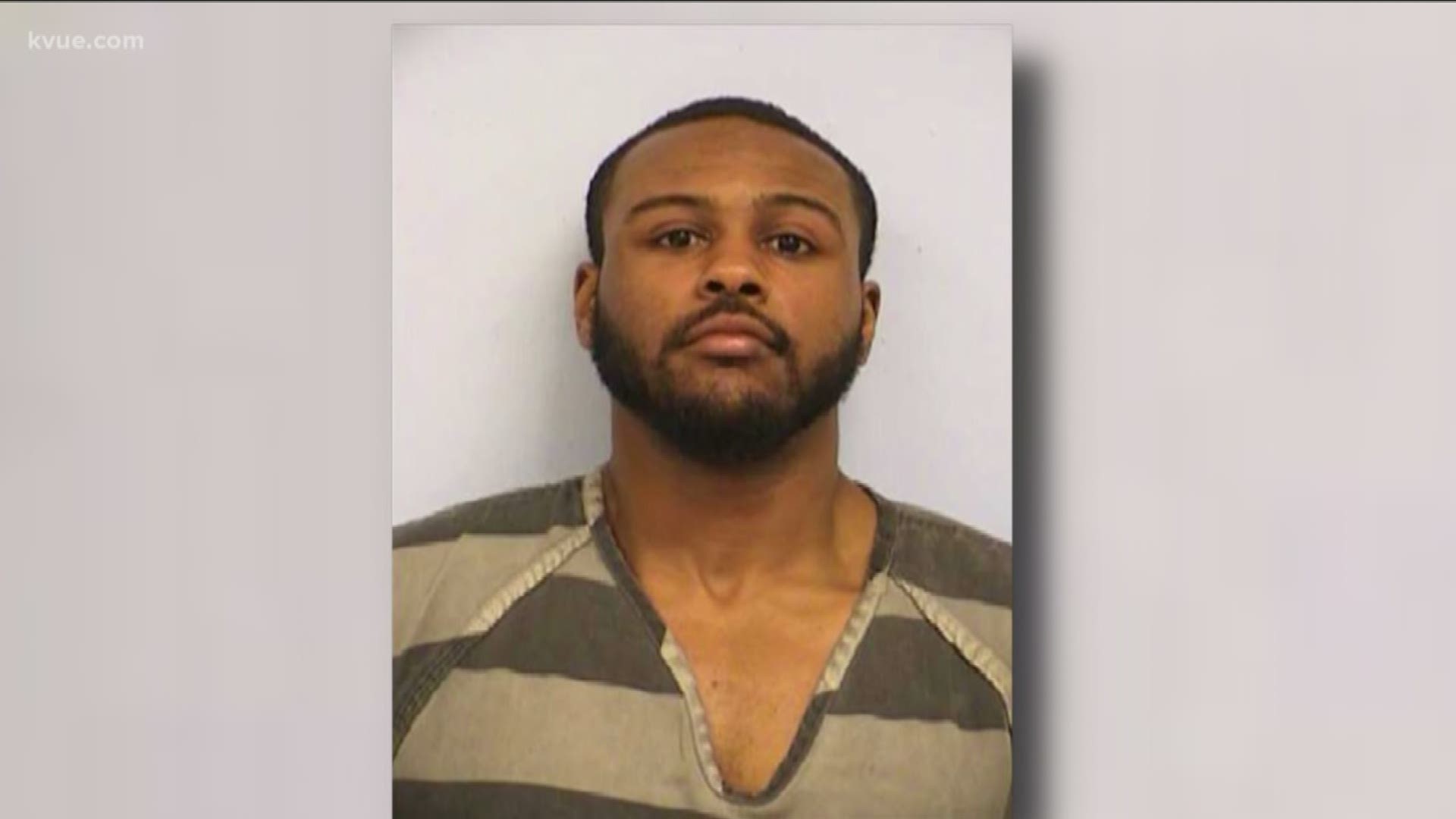AUSTIN AMERICAN-STATESMAN -- When former University of Texas student Kendrex White steps into a Travis County courtroom this week to tell a judge he was in the throes of a psychotic episode during an unprovoked stabbing spree that left another student dead and three wounded last year, his fate will hinge on a legal interpretation of insanity that began to narrow after the assassination attempt on President Ronald Reagan.
In 1981, Reagan, then in the first year of his first presidential term, was walking out of a speaking engagement at a hotel in Washington, D.C., when he was shot, leaving him with internal bleeding and nonfatal injuries.
RELATED:
The lawyers who represented the shooter, John Hinckley Jr., argued in his trial that their client had deep psychological issues that manifested in a plan to recreate a shooting scene in the film “Taxi Driver.”
Believing Hinckley’s warped mental state exonerated him from any responsibility, the jury returned not guilty verdicts on all 13 counts to the chagrin of many lawmakers across the country, who set off to tighten insanity laws in their states. Texas enacted legislation that added new language to the state’s insanity law and made it more difficult for defendants to blame a mental health breakdown for a crime they’ve committed.
As a result, White and his defense lawyers will not only have to demonstrate that he was suffering from severe mental illness when he killed 19-year-old Harrison Brown near Gregory Gymnasium in May 2017, but also that it impaired his ability to discern right from wrong.
“Before Hinckley shot Reagan, the predominant rule was the person had to be overcome by some influence that they didn’t have control over,” former Travis County prosecutor Brian Case said. “They could be found not guilty by reason of insanity even though they knew what they did was wrong. That cannot happen anymore.”
RELATED:
White, who has been jailed since the stabbings, last month waived his right to a jury trial and opted for state District Judge Tamara Needles to be the sole fact-finder in his case. That means White’s team of lawyers, Jana Ortega, Krista Chacona and Gabriella Young, will have to convince Needles that their client was insane when he committed the attack.
Read the full story on the Austin American-Statesman.

